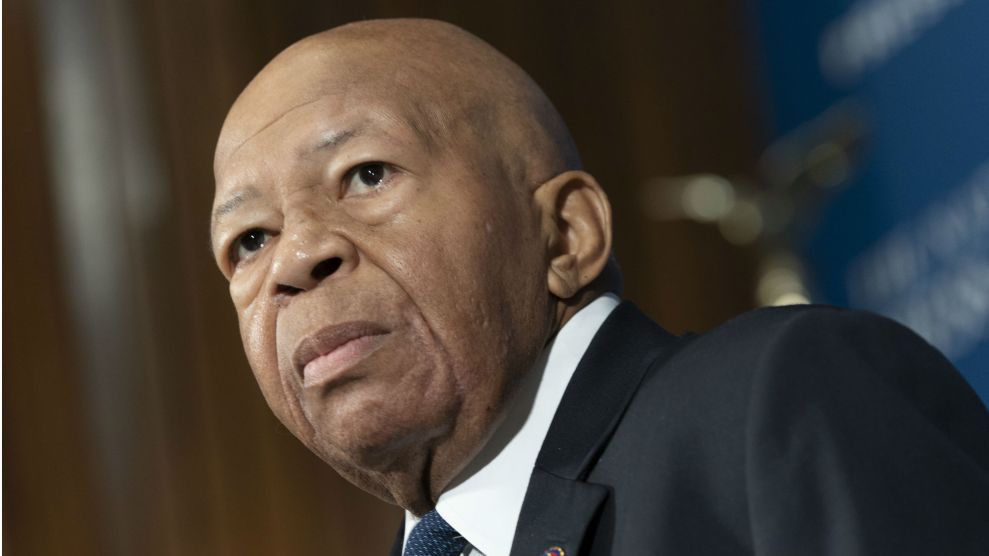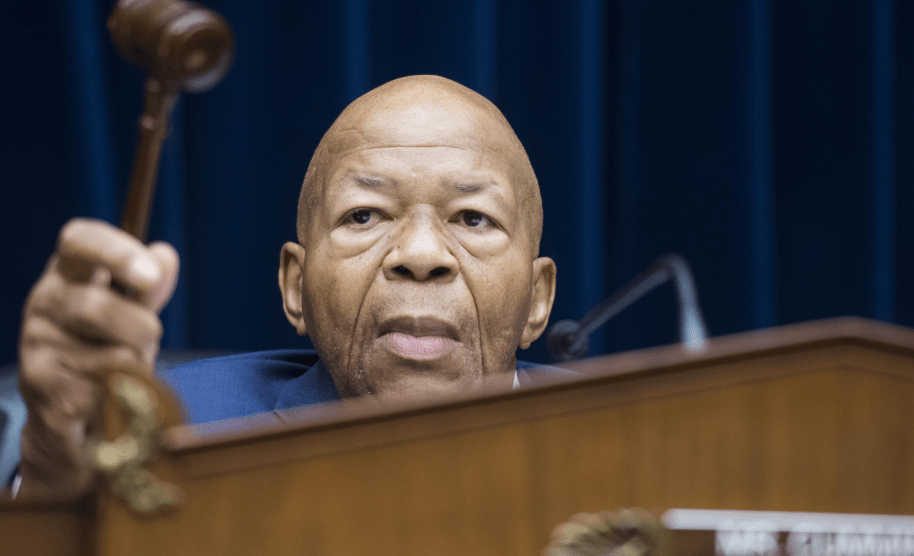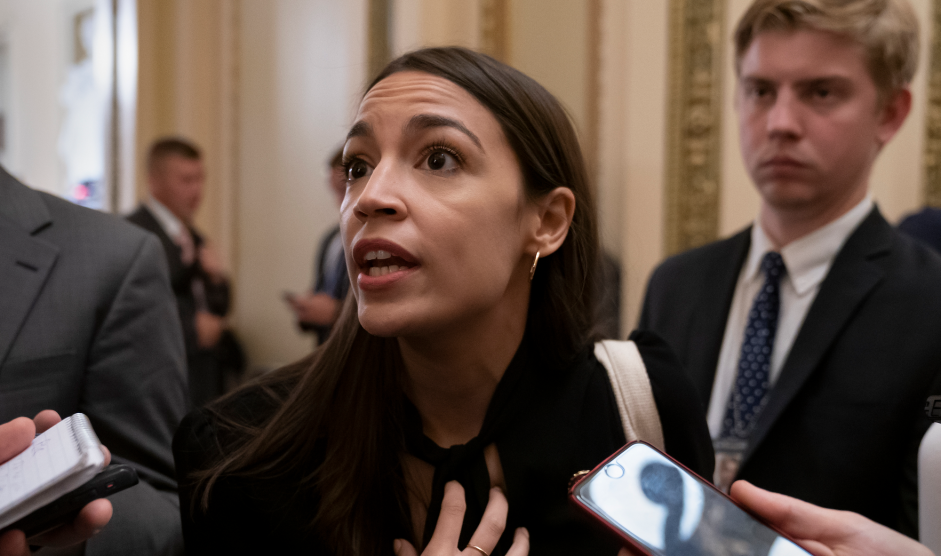
Rep. Elijah Cummings on August 7, 2019Chris Kleponis/CNP/Zuma
When Michael Cohen, President Donald Trump’s former personal lawyer, testified last February before the House Oversight Committee, Rep. Elijah Cummings (D-Md.), the panel’s chair, closed the hearing with a seemingly extemporaneous eight-minute speech. Expanding on his own earlier statement that “we’re better than this,” in reference to the president’s impact on the country, Cummings remarks were strikingly empathetic to Cohen, openly emotional, and morally urgent.
“I know that this has been hard,” Cummings told Cohen. “I know that you face a lot. I know that you are worried about your family, but this is part of your destiny and hopefully this portion of your destiny will lead to a better Michael Cohen, a better Donald Trump, a better Untied States of American, and a better world.”
Cummings died Thursday morning in his hometown of Baltimore, at 68, from what a spokesperson described Thursday only as “longstanding health challenges.”
Democrats will find a replacement for Cummings as oversight committee chair, and the panel, which is part of the House’s ongoing impeachment efforts, will continue the work it was doing under his leadership. That included looking into the White House’s use of a classified system to store potentially embarrassing or controversial call transcripts between Trump and world leaders; investigating the president’s alleged violations of the Constitution’s emoluments clause; and, beyond impeachment, looking into prescription drug costs and voting rights.
But Cummings’ remarks at the Cohen hearing highlight what Congress lost with his death. Elevated by Pelosi to the top spot on Oversight over a more senior colleague in 2010, he offered a sort of innate gravitas and a knack for articulating deeper themes behind legislation and oversight. And he wielded unique moral authority. That the Democrats cannot replace.
Near the close of his remarks at the Cohen hearing, Cummings issued a call to action that speaks to his legacy in public service: “When we’re dancing with the angels, the question will be asked, in 2019, what did we do to make sure we kept our democracy intact? Did we stand on the sidelines and say nothing? Did we play games?”















